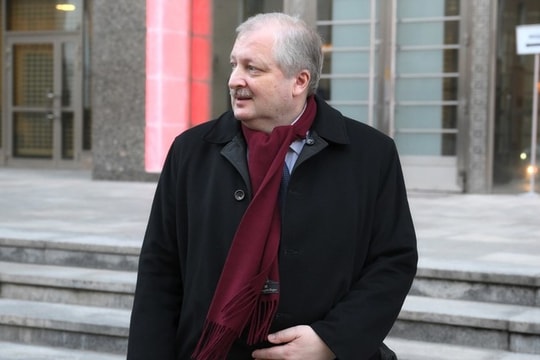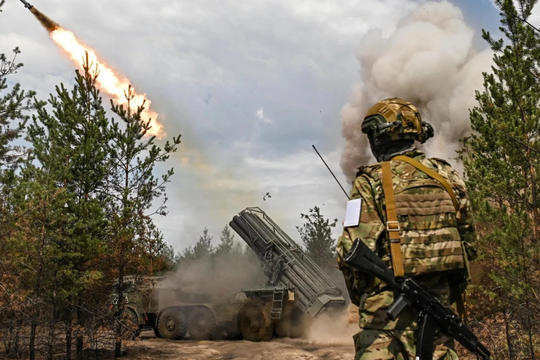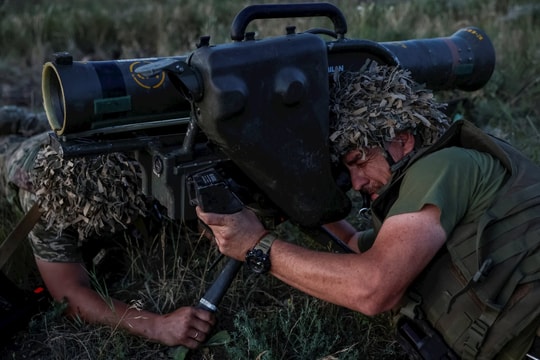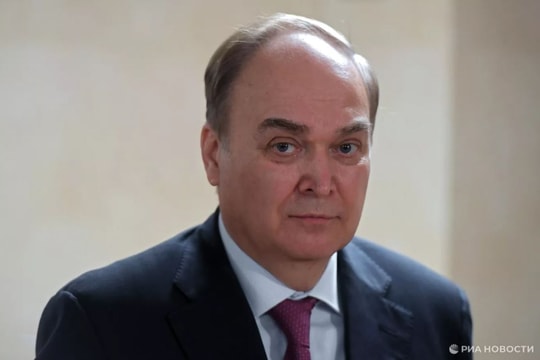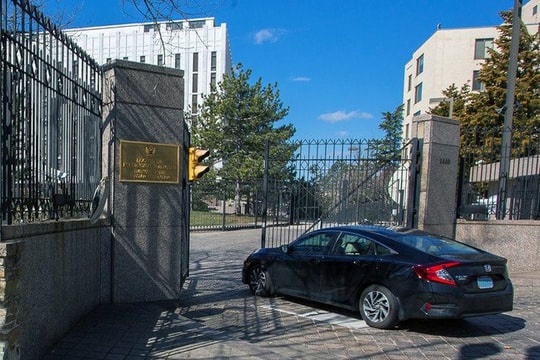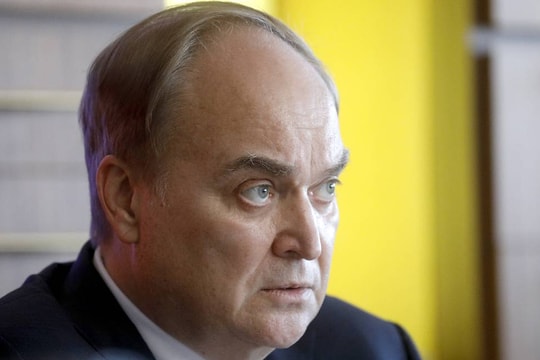Why do some Russian ambassadors suddenly die while in office?
In an article published on RT, Irish journalist Bryan MacDonald said that some Russian ambassadors died suddenly while in office because they were... too old.
Meanwhile, the Western media tries to portray that someRussian ambassador died suddenlyhas been very suspicious lately and has even spawned many conspiracy theories.
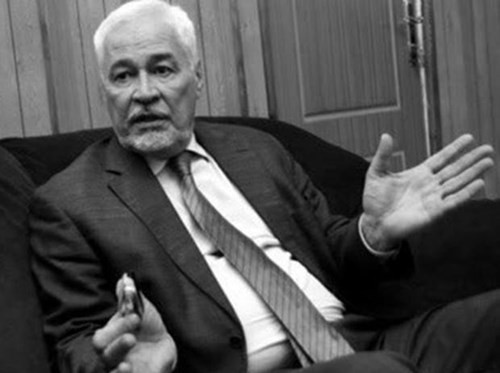 |
| Russian Ambassador to Sudan Mirgayas Shirinsky. Photo: The Independent |
The Western media coverage of the unfortunate death of Russian Ambassador to Sudan Mirgayas Shirinsky is a sad example, with malicious intent. Ambassador Shirinsky, 62 years old and suffering from high blood pressure, died while swimming in his private residence’s swimming pool after experiencing symptoms of an acute heart attack. Embassy staff called an ambulance, but doctors were unable to save him. Meanwhile, Sudanese police have ruled out an assassination attempt. CNN also reported that “there is no evidence to suggest anything suspicious about the death of Russian Ambassador Shirinskiy.”
However, a few hours later, CNN made a splash with another article listing “nine senior Russian officials, including several diplomats, who died within nine months of the November 8, 2016 US presidential election.” CNN listed names like Vitaly Churkin (64), Alexander Kadakin (67), Andrey Malanin (54), Oleg Erovinkin (61) and Sergei Krivov (63).
Age issue
In fact, the Russian Foreign Ministry has had its fair share of problems with the age of its diplomats. The high average age of current Russian diplomats is the result of a “lost generation.” In the 1990s, the Russian economy collapsed, in part due to then-President Boris Yeltsin’s “neoliberal” shock therapy. Civil servants’ salaries were pitifully low and not paid on time.
Highly educated diplomats with language skills are essential for foreign companies looking to gain a foothold in the open post-Soviet market. So they face two choices: either work for the state for $100 a month, or work in the private sector for sky-high salaries.
So what were young diplomats in their 20s and 30s doing at that time?
Of course, many people who studied diplomacy were driven by money. As a result, Russia’s diplomatic service currently lacks talent in the 45-55 age range, the age range of most ambassadors in the world. Although this diplomatic talent crisis has been resolved under President Putin, most of those recruited to the diplomatic service are still too young and inexperienced to assume the post of ambassador.
For this reason, the Russian Federation is forced to rely on older ambassadors: born, raised and educated in the Soviet era. Therefore, at a time when most of their Western European colleagues have retired, Russian ambassadors of the same age are still working hard.
Furthermore, the average life expectancy of Russian men born in the 1950s was reported to be around 60.5 years, and the average age of Russian ambassadors is now 64. So one can turn the story around and ask: “Why do Russian diplomats live so long?”
Diplomacy is an extremely stressful job, involving countless “headache” issues during the day and sleepless nights. Diplomats must always be careful in their behavior, always “think twice before speaking” to avoid making careless statements that can easily cause misunderstandings. The constant stress during the day combined with sleepless nights… has significantly affected the health of diplomats, especially the elderly diplomats.
According to Kienthuc.net.vn
| RELATED NEWS |
|---|

